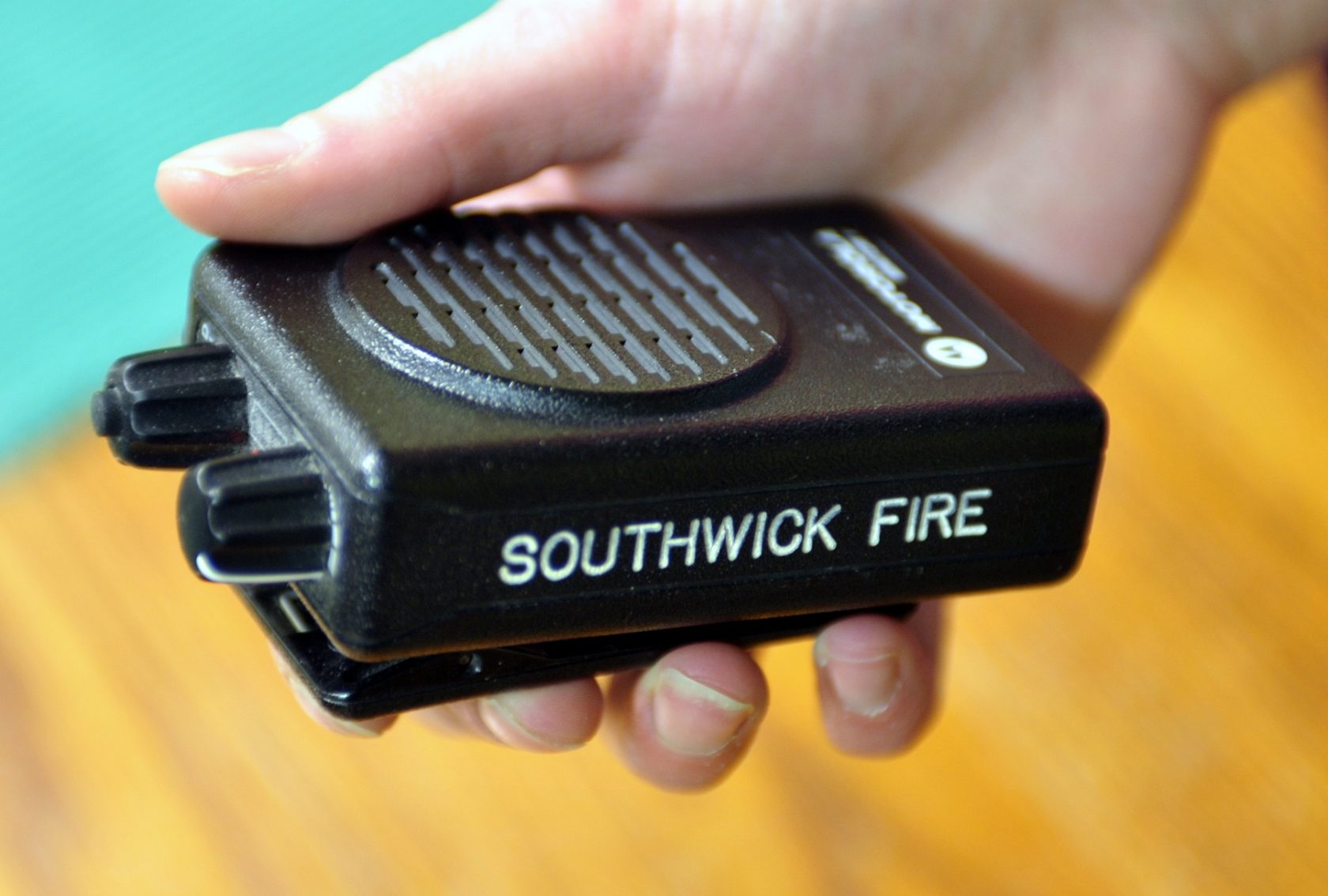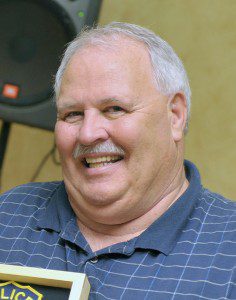SOUTHWICK—The town’s emergency dispatching could see major changes in the next few years.
The Southwick Select Board met with Fire Chief Russ Anderson, Police Chief David Ricardi and Mass. public safety research firm Carell Group on June 20, to discuss joining a feasibility study with other towns regarding regionalized dispatching. Those involved have not decided if it will join the Carell Group, but are considering it as the state pushes them towards regionalization.
The potential for regionalization—which means that several cities or towns have a central group dispatching fire, emergency medical services (EMS) and police for them that may or may not be in their municipality—has come as technology has changed and become more expensive for the state to maintain. Select Board member Doug Moglin said that the state government has to fund updates to dispatching technology in Mass. towns, so they would like to lower costs and concentrate funds.
“The state has been looking at this at several different levels to try to get towns together to try to get economies together,” Moglin said.
“I have to do a lot of studying on this, but it does look like something that the state and the technology is driving towards, just don’t know when,” he added.
According to regionalbestpractices.org, there are currently 269 different dispatching centers cover 312 towns and 39 cities across the Commonwealth. Cutting down on the total amount of these could save municipalities and the state significant money—especially as technology needs to be replaced or installed to keep up with new mandates.
But the town’s Select Board is not only concerned with the money that could be saved through regionalization, but are also looking at the jobs of dispatchers that could be lost within the town. Additionally, the town benefits from having a local dispatcher that has intimate knowledge about the area.
“There’s times when dispatchers get very vague information, so knowing locations, addresses and names helps with that,” Anderson said. “We lose that going with a local regional center.”
At this point though, no cost or change is in the immediate future, although the Carell Group is offering Southwick a chance to join the feasibility study free-of-charge. They requested a decision from the town by July.
But Ricardi does not see a decision coming that quickly for the town.
“They know the summer months are here, they know a decision won’t be made,” Ricardi said. “I’m looking at the end of the year, the beginning of next year.”
Still, Ricardi understands the value of the study and what it can bring to Southwick.
“If this is going to happen in the future—which I truly believe it is—we’ll be three steps ahead of the game because we already have the knowledge,” he said.
Another benefit was suggested by Anderson, saying that more dispatchers mean more effective dispatching and emergency management. Currently, Southwick has just one dispatcher covering police, fire and EMS at any given time, leading to an occasional overload to the understaffed system.
Anderson said that the state mandates additional emergency medical dispatching, which includes giving first aid or CPR instructions to the person calling 911, in addition to staying on the line with them until first responders arrive to help provide continuous updates. If multiple calls come into the Southwick Police dispatch now it would be difficult, if not impossible, for the dispatcher to stay on the line with someone for that time.
The politicians said that they understand the value of these dispatchers, acknowledging that they do not want to lose them. Moglin showed his support for Southwick’s dispatchers, especially considering the potential for multiple incidents.
“The dispatch is such an unsung portion of safety,” Moglin said. “They all think of the firemen and cops but a lot of that is orchestrated behind the scenes by a dispatcher.”
Moglin said that the decision about going regional will not be a quick one. He suggests that the Select Board, as well as both Anderson and Ricardi, will be doing a lot of research coming up to decide if, when and where the future of Southwick emergency dispatching will happen.
“Everyone has a stake in it. Fire has a stake in it, police have a stake in it and the people who may be the next to call 911 has a stake in it,” Moglin said. “You’re talking people’s lives when you call 911.”



